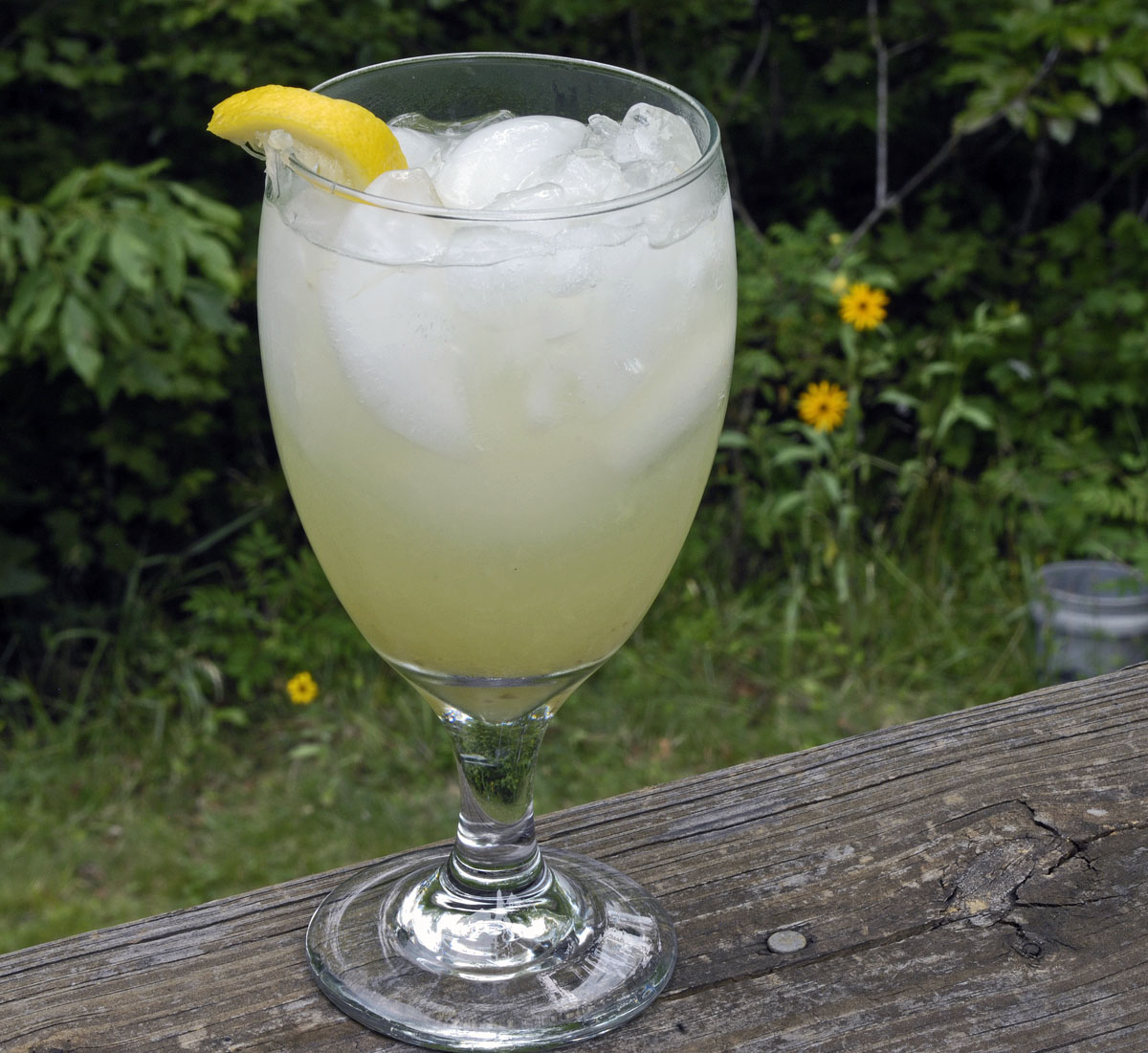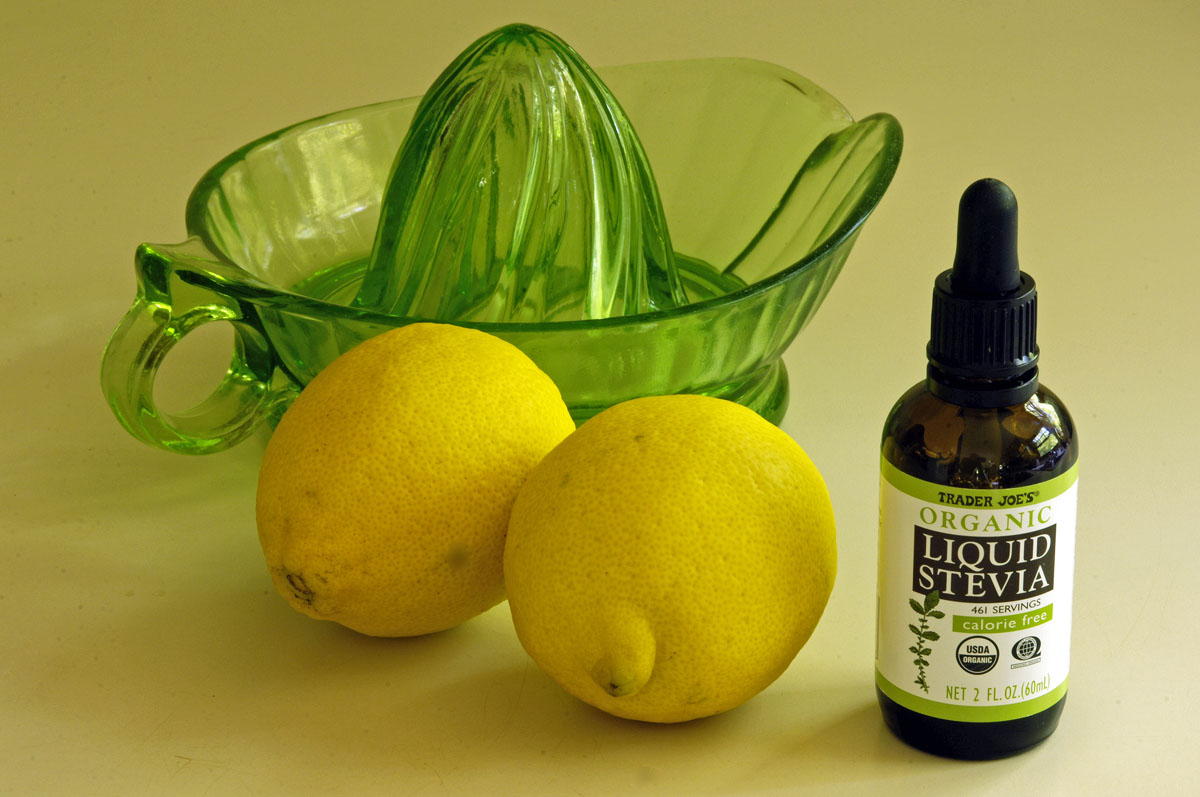It’s a miracle of nature that the best summer drink of all — homemade lemonade — also is some of the best medicine you can get.
If you do some Googling and reading on the virtues of lemons, you’ll find plenty of people who swear that lemons can cure arthritis. Surely that’s too good to be true. But there can be little doubt that lemons are very good for not only your joints, but for all of the soft tissues of the body.
Consider the symptoms of scurvy, which the British navy famously discovered can be cured by lemons, limes, and oranges. In scurvy, pretty much all the soft tissues of the body start to fall apart and are unable to heal — gums, muscles, joints, skin, even the blood vessels. Fortunately for me, I learned about the virtues of oranges and lemons more than 40 years ago, from Jethro Kloss’ classic back-to-the-earth book on natural healing, Back to Eden. Kloss prescribed up to a dozen oranges a day any time the body has a healing job on its hands.
Though I am past 70, I don’t have any joint problems or even any foreshadowing of arthritis. I want to keep it that way. I’m resolved to have two lemons a day this summer while building myself up for hiking in Scotland. Hiking will do no harm to the muscles, heart, or lungs of an older person who is reasonably fit. It will just make you stronger. It’s the joints that are most at risk, especially with a heavy pack on your back. The stress on one’s joints must not exceed the speed at which joints can heal. Lemon juice, I very much believe, improves the ability of joint tissues to heal and to strengthen. I had a touch of shin splits after returning from Scotland last year. That resolved after about a week, but part of my experiment with lemons this summer is to see if lemons can ward off shin splints. Shin splints, I believe, are caused by micro-tears in leg tissue. It seems reasonable to me that lemons should help.
Wherever the virtue of lemons comes from, I’m convinced that it goes way beyond just vitamin C. When any kind of juice is put up in cartons, most of its virtue is gone, and the juice becomes just another sweet drink with empty calories. It’s almost magical or mystical, as though there is some mysterious life force in living fruit, but there is no substitute for the just-squeezed juice of still-living citrus fruit.
The biggest challenge with lemonade is how to sweeten it. Adding a lot of sugar will counteract the alkalizing effect that lemons have on body chemistry and will reduce lemons’ anti-inflammatory benefits. I use stevia with lemons. It’s hard to believe that anything can be so sweet and also so harmless. But as far as I can tell stevia gives no cause for worry if you don’t overdo it. There is some disagreement about whether stevia lowers blood pressure. Just for the fun of it, I took my blood pressure last night after having lemonade sweetened with a generous 3ml of stevia extract. I got 101 over 63, compared with 112 over 66 the last time I took my blood pressure a couple of months ago. One measurement doesn’t prove anything, of course. But it may well be true that stevia lowers your blood pressure.
You can order stevia extract from Amazon. Trader Joe’s sells a very nice organic stevia extract in 2-ounce bottles. Stevia is made from the leaves of a plant. It has been used as a sweetener in South America, and I believe in Japan as well, for hundreds if not thousands of years.



Citrus is amazing. My acupuncturist swears by Vitamin C with bioflavonoids. I prefer the real thing and started eating half a grapefruit every morning with a little stevia sprinkled over it. We just returned from Spain and I was bowled over with sangria there. I make it at home now but use stevia in place of cane sugar. Good luck on your hike. I enjoyed your last one vicariously but prefer a cruise ship with my feet horizontal.